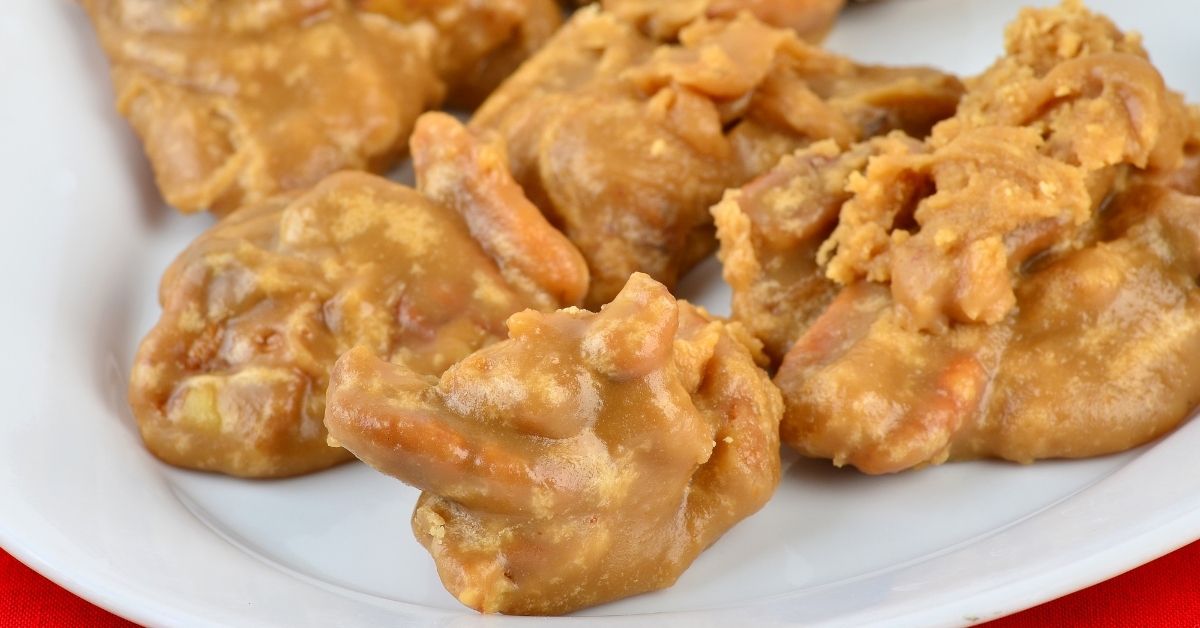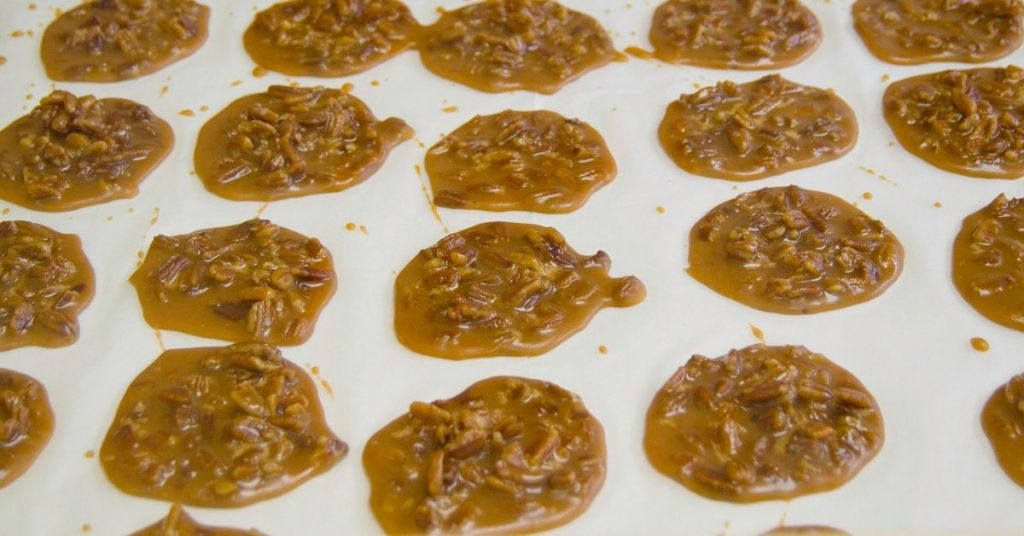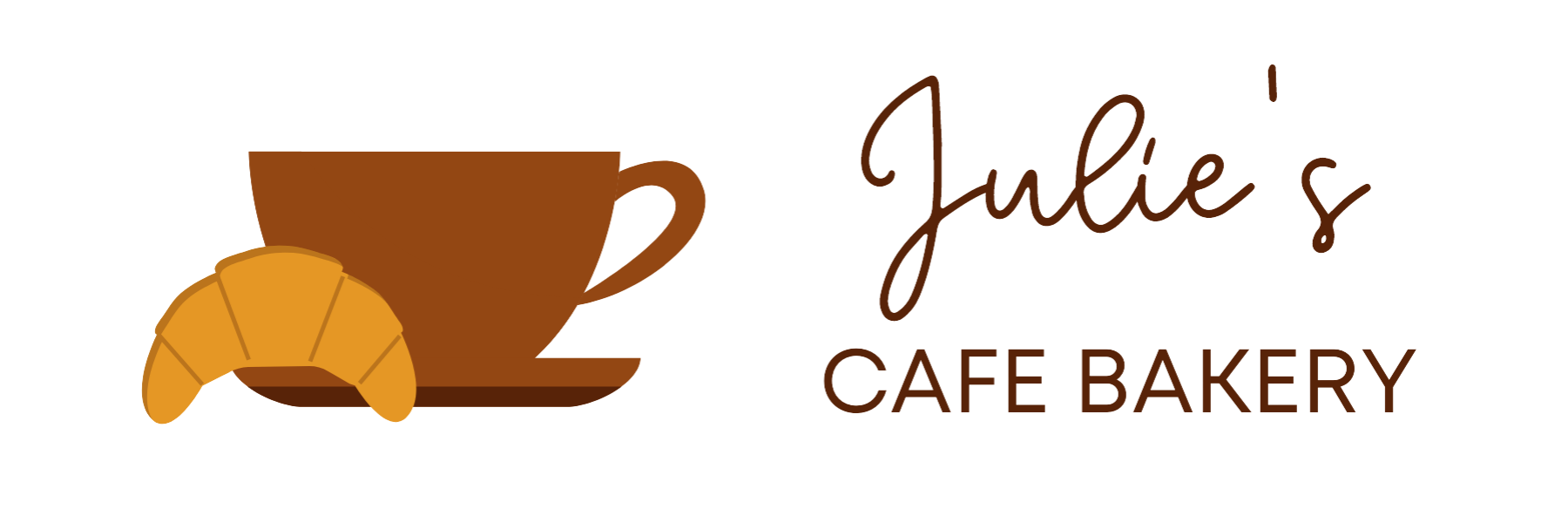What to Do with Failed Pralines? 5 Ideas


While pralines may be a great dessert idea, they aren’t the easiest of confectioneries to make and all of us have eaten pralines and ice cream as the result of a failed batch. But what can you do if you think you’ve failed to make a good praline mixture?
The five ideas to rescue your praline mixture include improving on a mixture that won’t harden or is too hard, as well as alternative recipes to embark on instead of doing pralines. The final problem is dealing with crystallized pralines by heating them.
I’ll look at the various techniques and ingredients that go into making pralines, and also look at the common pitfalls that make a failed praline mixture, so we can avoid them and make the best ones possible.
What to Make with Failed Praline Mixture?
If your pralines don’t harden, it is worth giving the mixture another boil and heavy stir. It may also be worth adding buttermilk in small amounts to increase the thickness.
Praline mixture has too high of sugar content to become many other things apart from fudge. If you’re noticing issues with your pralines not coming out the way you hoped, there are many aspects to consider when trying to find the solution.
A simple pecan fudge recipe calls for cubed butter, sugar, brown sugar, confectioners’ sugar, heavy whipping cream, salt, vanilla extract as well as coarsely chopped pecans. After bringing all the sugar, cream and salt to a boil, remove from the heat and add the vanilla.
After letting it cool completely for about 30 minutes, stir with a large spoon until it starts to thicken. After that you add the nuts and spread them into a flat pan, allowing them to cool into the fudge.

How to Fix too Hard Pralines?
Pralines are going to become stale quite quickly even under ideal conditions, but there are still some techniques to prevent premature aging.
The first order of business is to make sure your pralines are put in an airtight container. Cake tins and similar will work fine as long as there is a tight seal and air isn’t getting in, you’ll extend the freshness of the treats by days if not weeks.
This means you also want to consider how long to leave out your pralines for them to dry. Too long and you risk them getting stale, but if you’re finding that they’re not fully dry in half a day or two, it’s likely you should rejig the recipe.
When trying to determine when your mixture is ready to avoid pralines that are too hard, get a jug of cool water and drop a small amount of the mixture in it.
The mixture should form a soft ball that can be scooped out and placed on a surface. It should collapse in on itself, signaling the correct consistency.
While the recipe calls for pecans that are well-toasted, keep in mind that too much toasting can lead to pecans as hard as a rock. Try and find that balance where the toasting brings out maximum flavor and crunch without turning them to bedrock.
What Causes Pralines Not to Harden?
One common sight when getting to the end of the cooking process is that your praline candies are runny and almost liquid in appearance. This can be attributed to several factors such as heat, humidity, and ingredients.
High heat is going to retard the hardening process. While this can extend to keeping them out of direct sunlight, also consider residual heat let out by many appliances or other electrical goods.
Don’t leave the pralines to cool on top of the fridge as this can be one of the warmest places around in the kitchen, despite it offering a nice flat area out of the way of kitchen traffic.
High humidity will also cause issues with the hardening of the pralines. Like high heat, high humidity above 70% will greatly increase the hardening time, and may in some more extreme cases prevent the pralines hardening at all.
Another issue is that many people think that if you need double the serving, you just double the recipe. Unfortunately, this is often not how a recipe works, as logical as it may seem. Cooking is often dependent on a series of reactions and mixtures need to be precise.
An unconventional technique that builds on the second boiling approach is to use a food processor on the cooled praline mixture. Feed the semi-hard mixture in to create a paste from the food processor, which will then harden into consistent praline candies.
How Do You Fix Crystallized Pralines?
Crystallization is generally going to stem from the sugar used in the recipe. The reason sugar acts this way can be because it is too hard which doesn’t allow it to undergo the necessary changes.
Adding small amounts of moisture to your sugar will help alleviate this issue. This should be done if you will be storing sugar long-term. One strategy is to use a terracotta sugar saver placed in the container or put in some sliced fruit such as apples or a slice of fresh bread.
The other thing to be aware of is that certain types of crystallization can’t be fixed. Sometimes a praline mixture can be saved, but if you notice lots of crystallization early on, it’s likely best to just junk the entire mixture unless you want very brittle and grainy pralines.
Even heating and dissolving the mixture won’t get rid of the crystals.
To avoid this outcome, let’s consider some of the science behind crystals. Simple syrups and dairy products crystallize when enough of the sugar molecules stick to one another. This brings about a new type of material that is insoluble in the water.
This change tends to occur in a syrup prepared with a 2:1 ratio of sugar to water. This is often referred to as a rich syrup, and you can expect crystallization as the chance of sugar molecules clustering and crystallizing is high.
How Do You Fix Runny Pralines?
Runny pralines may be suffering from a wide range of causes that prevent them from hardening. Heat and high humidity will wreak havoc with it but sometimes the issue is more fundamental.
Runny pralines will generally benefit from a bit more sugar and dairy, so a common remedy for a runny praline is two tablespoons of half-and-half and a tablespoon of buttermilk for a standard 20 serving praline which should be enough.
You’ll need to reheat your praline candies down again, then add the ingredients before bringing to a boil, solid stirring until the resultant sauce is thick.
While you should just use whatever sturdy spoon you have, wooden spoons offer a huge advantage in terms of texture and firmness.
In fact, one of the best solutions to fix praline mixtures suffering from any number of setbacks is just to bring the mixture to a boil while stirring and then trying again.
At this point, the secret technique is to use a dipper to transfer the cooling candies to greaseproof paper.
Another consideration is the usage of condensed milk in substitute of whatever milk the recipe calls for. This not only helps with an overly runny mixture, but can also stop the finished product from having a brittle texture or chalky taste.
One of the best techniques to ensure a great praline mixture is a candy thermometer.
Cooking temperatures will vary per cooking vessel, type of cooktop and ingredients used at a minimum.
There are also differences in stirring, heating times and many other permutations. But the consensus is that a temperature of 250°F (122°C) will be the maximum.
When cooking the mixture, try to use an oiled cast iron pot to ensure maximum protection from burning while still being able to maintain high heat.
How Long to Let Pralines Cool?
Pralines should be left to cool over a 6 to 24 hour period. You may notice varying results depending on humidity and temperature levels.
Look for signs of non-drying or hardening, such as excessive residue and movement of the mixture under pressure from the wind. These are signs that the mixture is too runny and no amount of time will ever see the mixture harden.
How to Store Pralines?
You can expect the best results by leaving the pralines in a cool, dry place of around 65°F (18°C). The refrigerator is not the best place for your pralines, even in an airtight container. It will do in a pinch and is better than excessive heat.
